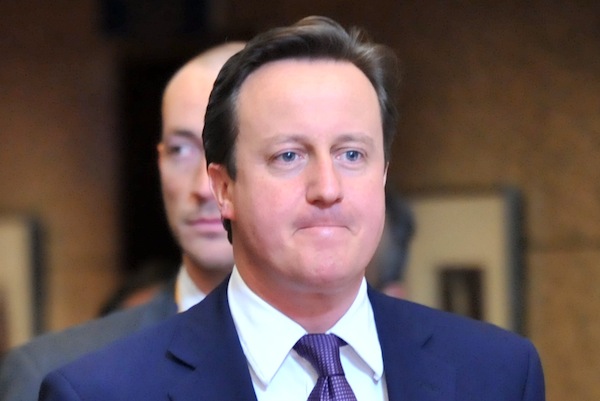David Cameron’s big Europe speech is now less than a fortnight away. It will be, I suspect, the most consequential speech of his premiership.
When you look at the challenges involved, one can see why the speech has been delayed so many times. Cameron needs to say enough to reassure his party, which has never been more Eurosceptic than it is now. But he also needs to appeal to European leaders, whose consent he will need for any new deal. At the same time, he’s got to try and not create too much nervousness among business about where all this will end up.
I understand that he intends to argue that Britain needs to remain inside the single market. But he will commit to a renegotiation of Britain’s terms of membership, starting after the next election. Once this process is complete, the British people will be offered a refendum between staying in on the new terms Cameron is confident he can negotiate or leaving the European Union altogether.
This means that Cameron intends for the Conservative party to campaign for Britain to stay in the EU, albeit on new terms. If he is going to persuade his party to do this, then he is going to have to bring back terms of membership very different than Britain’s current ones. Exempting the NHS from the working time directive or repatriating regional funding can only be the beginning. But if this is all Cameron can get, the Tory party will face its greatest split since the Corn Laws.
What is worrying a growing number of Cabinet ministers is that Cameron isn’t prepared to countenance leaving. They worry that the only way that the Prime Minister will have the negotiating leverage that he needs, will be if he makes clear that if he can’t get what he wants he’s prepared to recommend that the British people vote out.
Cameron’s confidence that he can negotiate new terms stems from his belief that Angela Merkel will help him out. The EU budget negotiations and the protections for the non-eurozone, single market countries in the banking union have been taken by Downing Street as a sign that Germany is willingness to accommodate Britain’s concerns
But Downing Street needs to be careful. It has misread the signals from Berlin before. Indeed, that’s why Cameron had to use the veto in 2011.







Comments